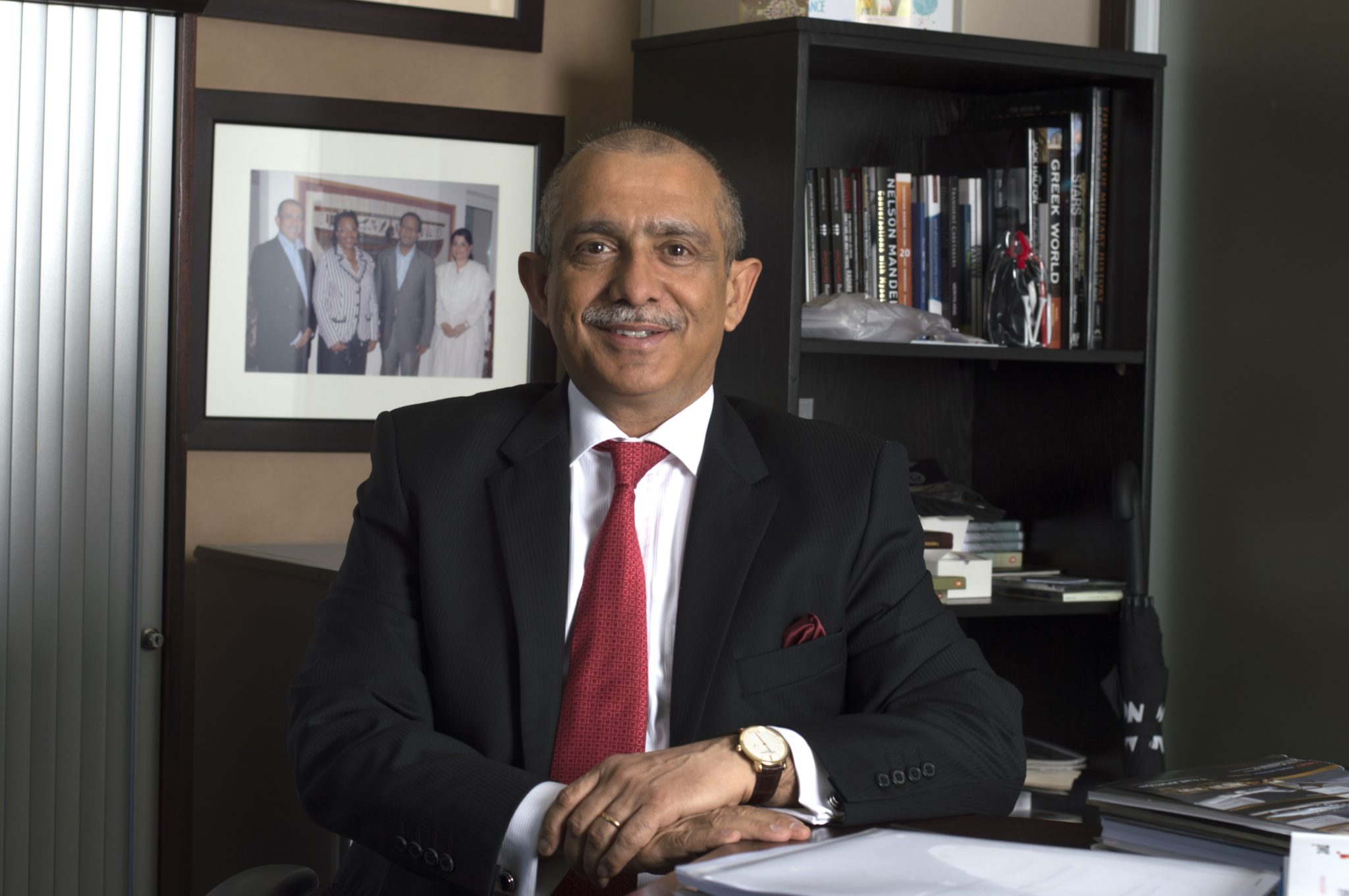One of the greatest challenges we face today is uncertainty; a simple word that has often been used naively to describe apprehension. It is, however, one of the most complex words of our times and is anything but simple.
Physics, mathematics and applied mechanics were my passion since 1973. Archimedes, Einstein and Newton, among others, made the world a better place; add to that, a topping of economics and finance from Samuelson and Damodaran and management from Drucker, and I thought I had life and business covered. Until a decade ago, we were able to use predictive models of the past and apply them with reasonable surety, within some standard deviation models, for the future. We applied some risk factors and gave ourselves a pat on the back when we had all bases covered; and often term our analysis as a base-case scenario. Perfect.
In 1999, as part of a fund management business, my team and I were advising buy-side transactions of an Islamic Private Equity fund. The internet bubble was growing and was my initiation to the fast-talking breed of entrepreneurs who had sworn to change the world.
Have you ever had instances in your life when you are so scared of looking foolish that you don’t question fundamentals? Well, that was our time of looking bewildered. At the end of one of the harebrain schemes that was presented, I sheepishly asked a question about the absence of cash flow.
That was considered sacrilege at a time when the dotcom entrepreneur’s words were taken as gospel. I was given the greatest explanation of all times and something our world has become synonymous with; “you don’t get it – it’s a leap of faith, you are either in or out”.
Everything I studied was irrelevant. Much to our eventual delight, we were proven right by staying out of some of those misadventures but the transformation moved at the speed of light. Recalibrated by two major meltdowns (the dotcom bubble burst in 2000 and the financial crisis of 2008) and sabre-rattling on governance, we fast forward to 2019.
In comparison to 1999, I can only summarize that uncertainty is relative. So what changed? Nothing and everything! Nothing, because sometimes I feel that we learned nothing, and everything, because the world is no longer the same.
I will only deal with two issues. The first relates to the future of employability of the human race. In the 20th century, we were assured of a job in whichever vocation we studied. Today, with the pace of change from the Fourth Industrial Revolution, there are serious questions about what humans will do in the future versus the functions performed by machines.
The fundamentals have changed and we are not asking questions because we are scared once again. We want to ignore that anything which is quantitative and predictive in nature will eventually be done by machines. However, the qualitative aspects or anything requiring a human interface can never be replaced.
The role of humans will change but their importance in managing the ecosystem will never change. So there is a need to ask questions, understand this profound reality and change the way we educate and learn. This is critical to provide a sense of certainty.
The second uncertainty is caused by disruption. Our lives and businesses are predictive and so shall be disrupted. What we do will not change but how we do it will. You will still need a doctor to give you advice, comfort and hope but almost everything in the medical field will be predictive.
It takes minutes to conduct pathology tests and scans and simultaneously get reports. Training of nurses is on fifth generation mannequins that are almost human. Since disruption is becoming a way of life, we need to embrace this reality and start planning for the future that we have no idea about. So go back to basics, unlock the status quo and reengineer.
Humans have evolved from the stone ages; we have the resilience, tenacity and inherent instinct to survive and succeed. What will help us along the way is educating ourselves on the challenges of the future. Leadership will play a far greater role in the future than ever before. Analysing, recognizing, educating and managing change is an important aspect of dealing with uncertainty.
As leaders get predictive and quantitative advice, success will come from taking that information, making sense of it and most importantly acting on it. At a corporate level, an important change needed is to break the archaic organization structures so that decision-making is autonomous at the level of frontline managers, just like field commanders in a battle field. United by a common vision, mission, values and goals, a well-trained team will deliver like synchronised swimmers. Uncertainty cannot be conquered as it is dynamic but it can be harnessed and managed through effective leadership.
